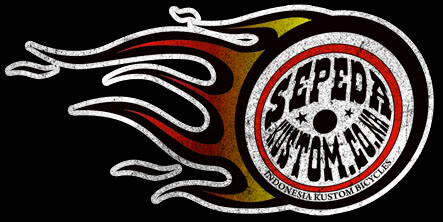Hindu philosophy is divided into six āstika (Sanskrit: आस्तिक "orthodox") schools of thought,[1] or darśanas (दर्शनस्, "views"), which accept the Vedas as supreme revealed scriptures. Three other nāstika (नास्तिक "heterodox") schools do not accept the Vedas as authoritative. The āstika schools are:
Samkhya, a strongly dualist theoretical exposition of mind and matter, that denies the existence of God.
Yoga, a school emphasizing meditation closely based on Samkhya
Nyaya or logics
Vaisheshika, an empiricist school of atomism
Mimamsa, an anti-ascetic and anti-mysticist school of orthopraxy
Vedanta, the logical conclusion to Vedic ritualism, focusing on mysticism. Vedanta came to be the dominant current of Hinduism in the post-medieval period.
tahitiPuerto Viejo Costa Rica
